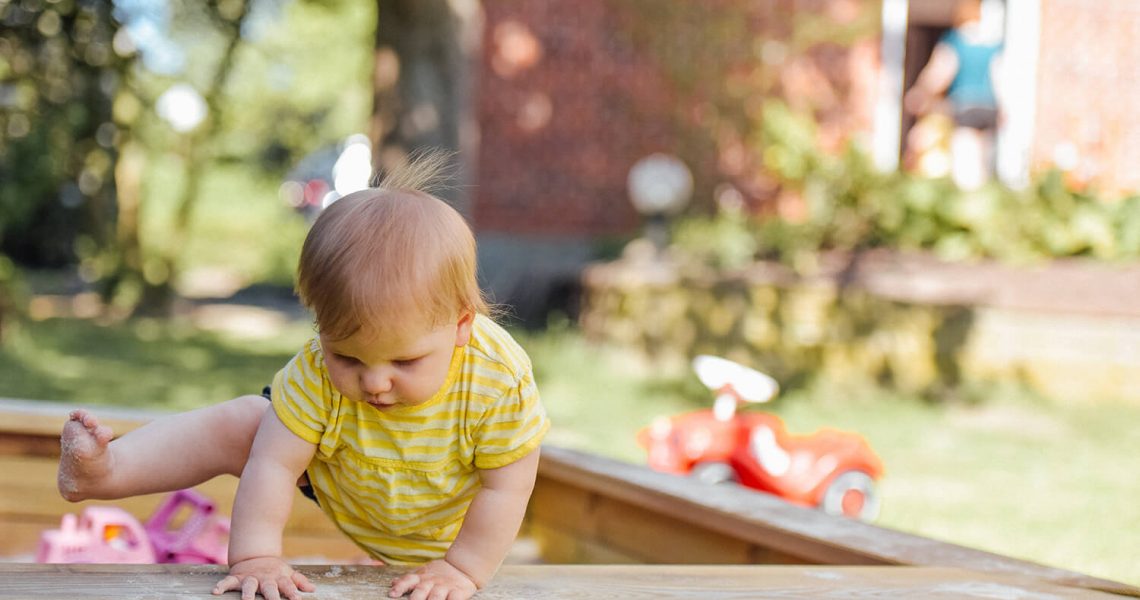

Elizabeth McGinnis
Play versus Anxiety for our kids
When we talk about parenting, often times we look in the obvious places like parenting magazines, our parents, or even TV shows like Super Nanny. But I really love when I see other nontraditional sites share their values or tips for parenting. Today, I was checking out a blogging site called Mr. Money Mustache and came across an old blog post of his from 2016 titled, The Cheap Ticket into the Elite Class.
It’s a great read and I encourage you to check it out. But my job in this blog isn’t to talk about money per se but our mental health in relation to various parts of life. In this case, I’m going to look at his points about parenting through the lens of anxiety. So here is my take on his tips for an Elite Education or as I like to think of them, tips for less anxious parenting.
No broadcast TV service, but very fast Internet access and a computer (and phone) you maintain yourself
I am not preaching that everyone get rid of their TV. For one thing, half of the people out there would just stop reading and move on. But looking deeper into this point, there is some very reliable data here. It is really easy to use the TV to babysit, to veg out, to waste an enormous amount of time every day. Finding ways to move our energy in different directions is a great way to teach our kids in fun ways. Video games like Mindcraft and Among Us teach great teamwork and negotiation skills is a good example. Asking your kid to be responsible for the ways that a computer and a phone function and function well will serve them well in the future and keep your expenses down later. And finally, while it is incredible difficult, most of us can benefit from watching less TV so we can connect more with our family.
Minimal access to cars, but always a very nice bike kept in perfect repair
I love this piece of advice. Why? Because so many parents talk about the stress of how much there is TO DO in their life from running little Johnny to soccer practice to picking them up from school. I’m not saying that as a parent you won’t have to confront your own anxiety around traffic, distances, and being aware of surroundings but teaching kids the freedom and independence that comes from not having to rely on an adult chauffeur is great for their self-esteem and ability to believe in their own capabilities. Especially in the bay area, living far away from activities, schools, and jobs is a real concern. However, we often are so focused on the “best” version of something that we forget to factor in all the hassles and logistics. Once we factor in how we act when we are stressed about the cost of the activity and the stress of how to pick up our kiddo from the activity, there is more value in the choice closer to home. Every family and situation will have their own comfort and safety questions to ask but starting a dialogue around where you can introduce more child independence is a great question to ask and to keep asking. Modeling making choices is some of the best parenting we can provide.
Limited access to tourist attractions and gift shops, maximum access to Nature
This one really depends on where and how you live but the sentiment certainly applies. I love museums and art galleries and amusement parks and certainly during fire season I am a fan of the mall. And those can be great places for kids to gain exposure to culture and new experiences. But the truth is, those are expensive and kids are usually just as happy getting to run around outdoors for a couple of hours (after complaining of course), even your teenager. And those parks and trails and trips to the beach? Those are usually relatively inexpensive. Anxiety around raising and giving to our kids is real. And the stress and anxiety we feel, whether from giving our kids everything, or the anxiety of thinking of how we can afford to give them everything interferes with being in the here and now with our kids. Creating places where you are fully present and relaxed is more important than the relative cultural value that your kids might not even remember of an expensive outing.
Support but do not mandate sports teams or formal lessons. But keep sports and musical equipment handy around the house.
This one is harder. I love teams and even formal lessons for kids because it introduces another community for your kid. This is helpful both in reducing the responsibility on parents and in providing more supports for a child. But I will say that trying to force an activity on a child almost always backfires. Kids need choice and independent play time. This might mean that even though you love softball and piano, that it is time to let it go. Again, really talking with and listening to your kids will tell you what to do about this. I bet you know the difference between typical whining and a genuine preference if you slow down enough to ask follow up questions. And again, his point is around cost and finances. But mine is around anxiety. If you are stressing out around how to pay for it, take a step back and really evaluate the value of the activity. Yes, some of our kids are protege’s and gifted or just really derive significant value from an activity. But if the stress of paying for it is creating distance and space between you and your child, the value of the activity needs to be questioned.
Less scheduling, more opportunity for self-guided activities. Boredom can be the trigger for creativity.
I whole-heartedly agree with this statement. In today’s world we are all over-scheduled and kids don’t know how to deal with boredom. Boredom is healthy for rest, for creativity, and for independence for children. The next time your child tells you they are bored, take a step back and don’t leap to entertain them or provide suggestions. Let them find ways to entertain themselves. The second step to this is to acknowledge the very real probability that a mess or trouble is then going to ensue. That is okay. So they make a mess, let them clean it up. So they get into a little bit of trouble. That is awesome, that teaches them how to take responsibility, how to apologize, and how to think about consequences. Boredom is almost always harder for a parent to embrace than for a child so take a deep breath and practice when you have the space to be anxious.
Whenever possible, say yes to friends, sleepovers and late bedtimes.
This one is a little bit of a pause for me. First the ways in which this is positive. In our lifetime, the amount of time we spend interacting with peers is by far the highest. This means the kids who have skills dealing with and enjoying their peers time have an easier time being social, forming bonds at work, and navigating the world. Kids form these skills through unstructured and unsupervised play time with their friends. So yes, friends and sleepovers are amazing. I also love sleepovers for kids because they get to see how other families live and have rules. And I love sleepovers for parents because you get a break. A genuine, honest to goodness, break for the evening to relax and spend on yourselves. But I hesitate because in most households, kids do not get enough sleep. And sleep is so important for everybody. So yes, a late night is definitely nothing to be worried or anxious about. But the more your kid has a routine and sticks with it, the more they sleep, and the happier and more relaxed everyone is. This really just comes down to being honest with yourself and with your family. Which one creates more peace and harmony? If it’s saying yes, then do it! If it’s saying no for a mild tantrum today and avoiding a whole day tomorrow of whining and crying, then no is the answer. You know your kid and your own patience levels, trust them.
So that’s my review of his list of rules. In general, I think the key takeaway is that taking a little time to step back from your super busy life and asking yourself and your family about ways to reduce anxiety around money, increasing unstructured and unsupervised play time, and looking for ways to just be present with your child are wonderful gifts to give your child that they can treasure for the rest of their lives. So go ahead, start that conversation.
If sitting with your own anxiety sounds daunting but these guidelines are what you want for your family, please reach out for a consult with Allyson Cates, who has extensive and amazing experience helping families do this with wonderful and practical tips and exercises.
If this speaks to you an you’re looking for help in California, please schedule a consult.


